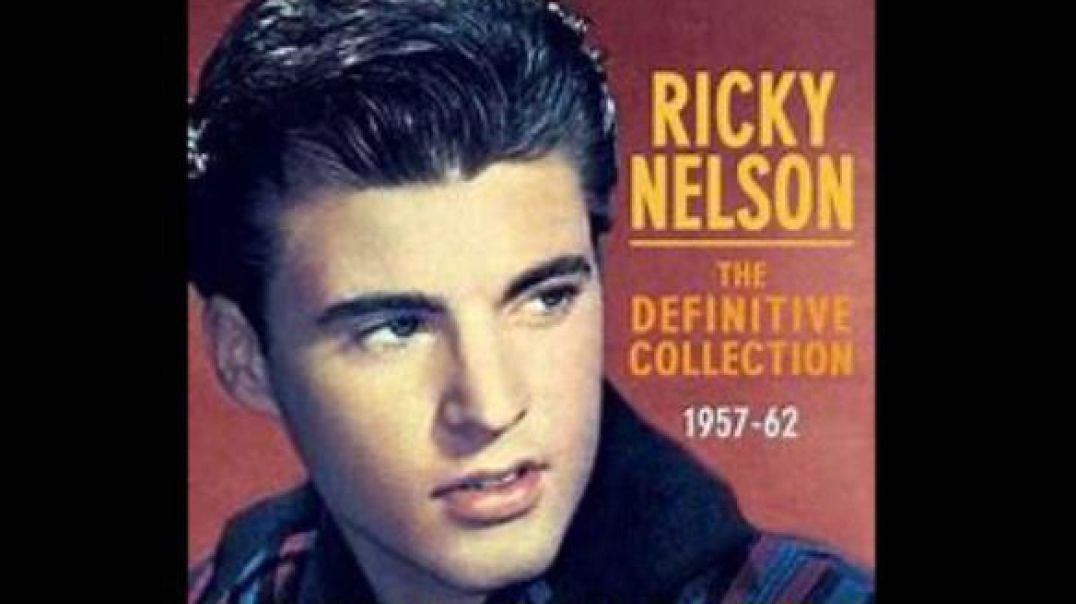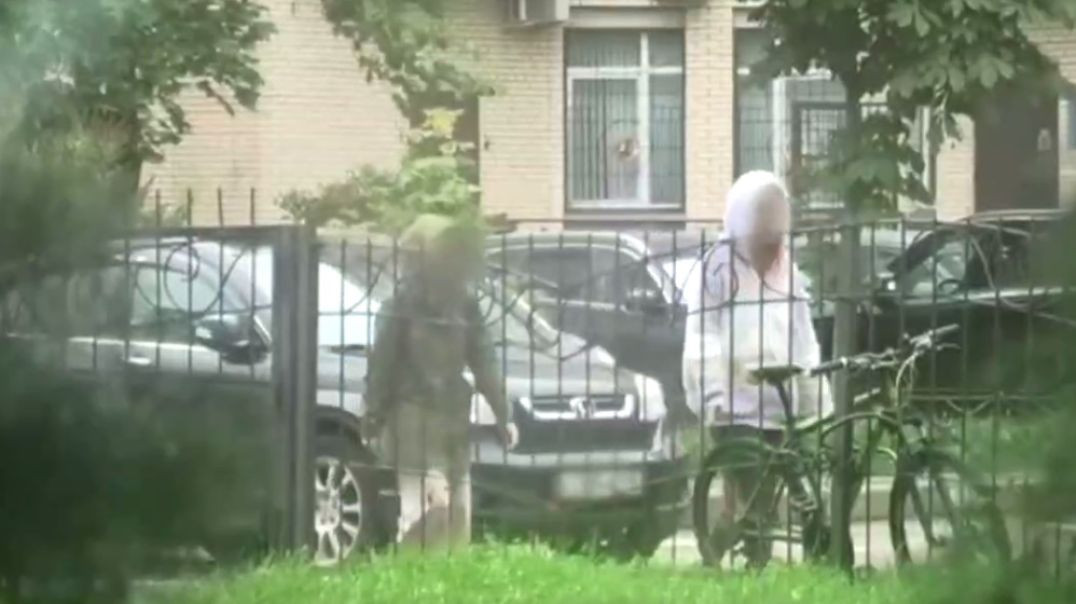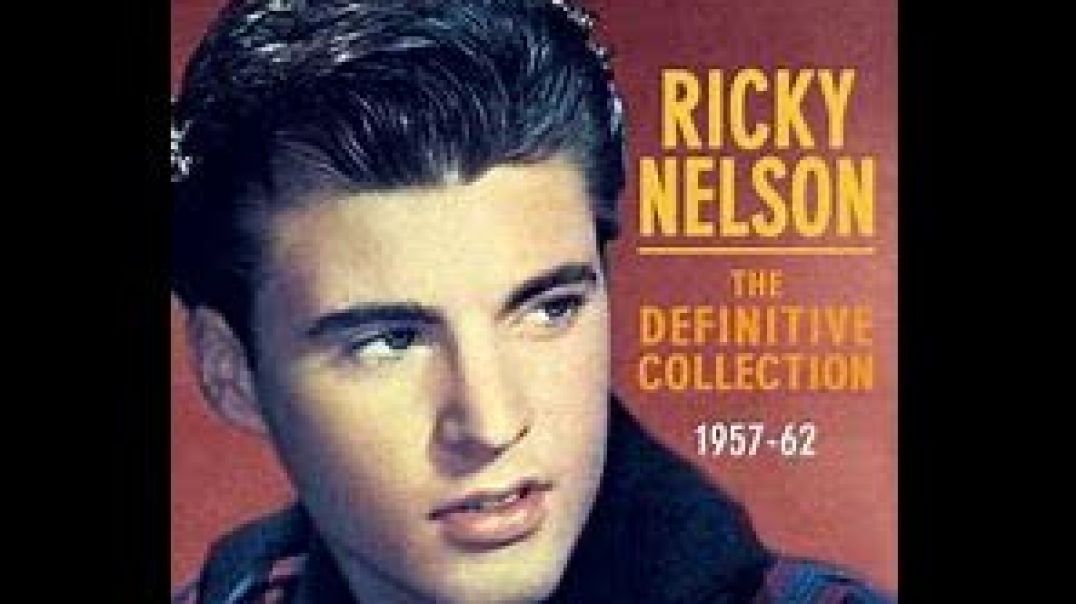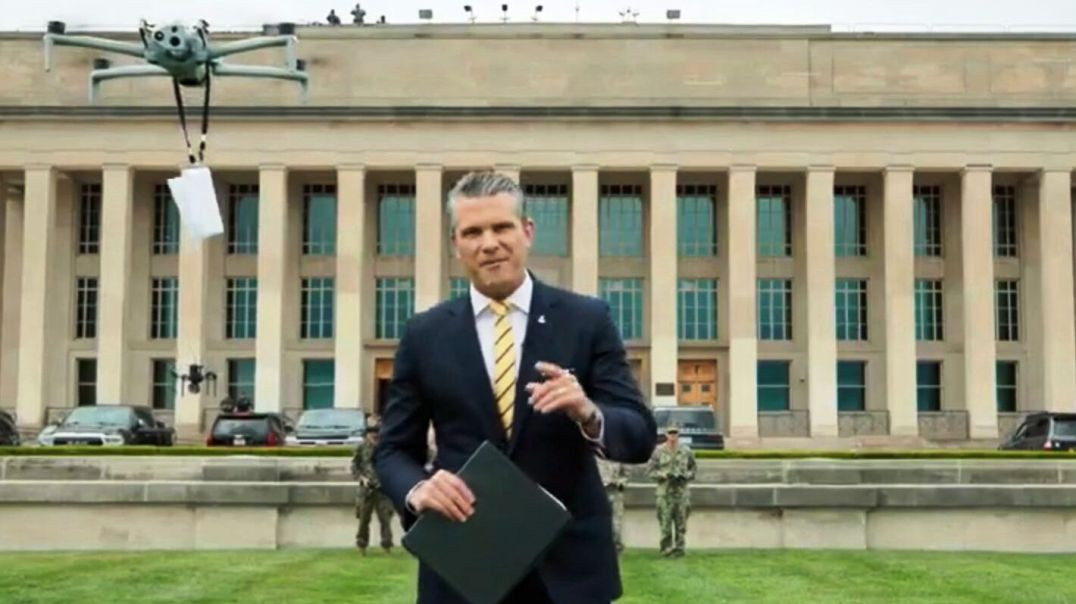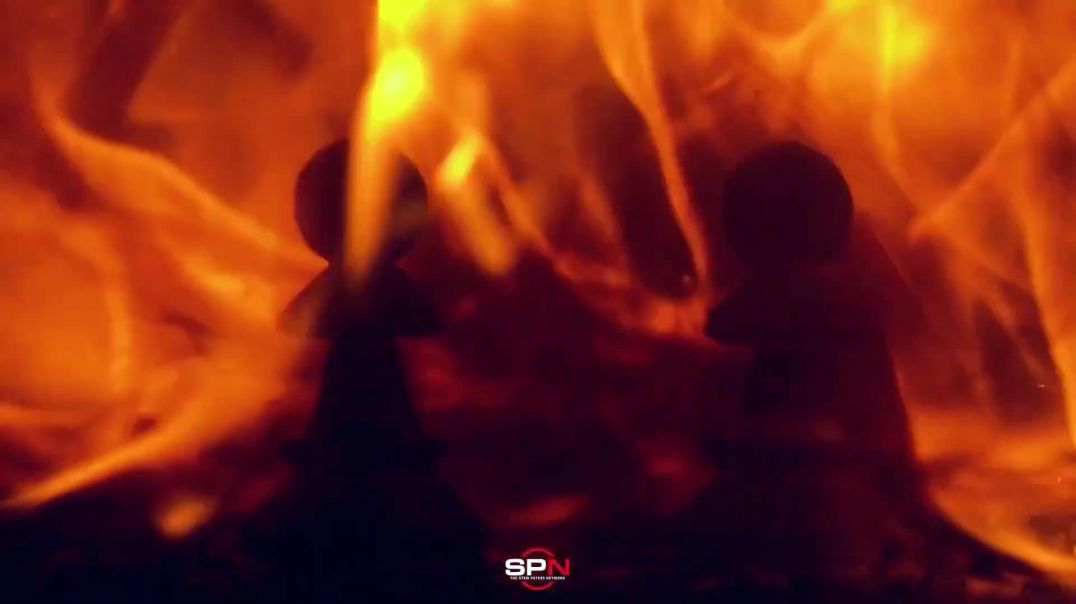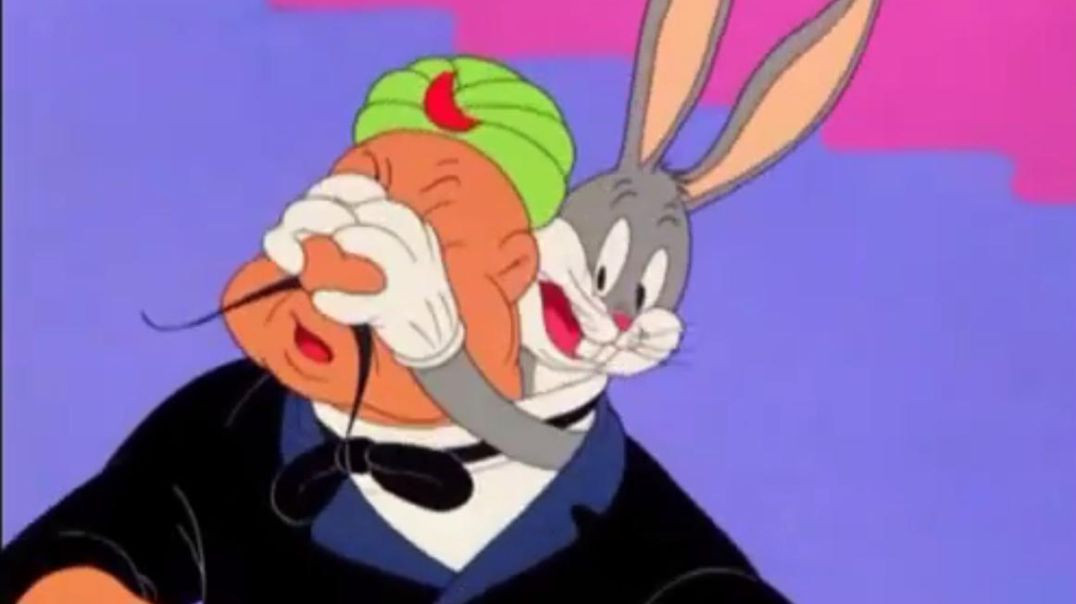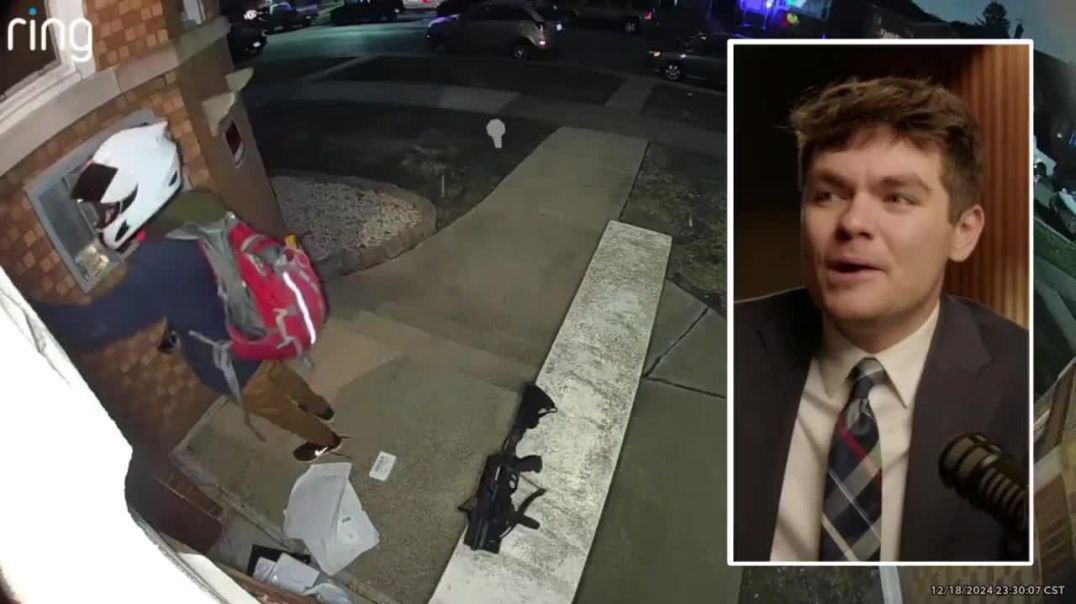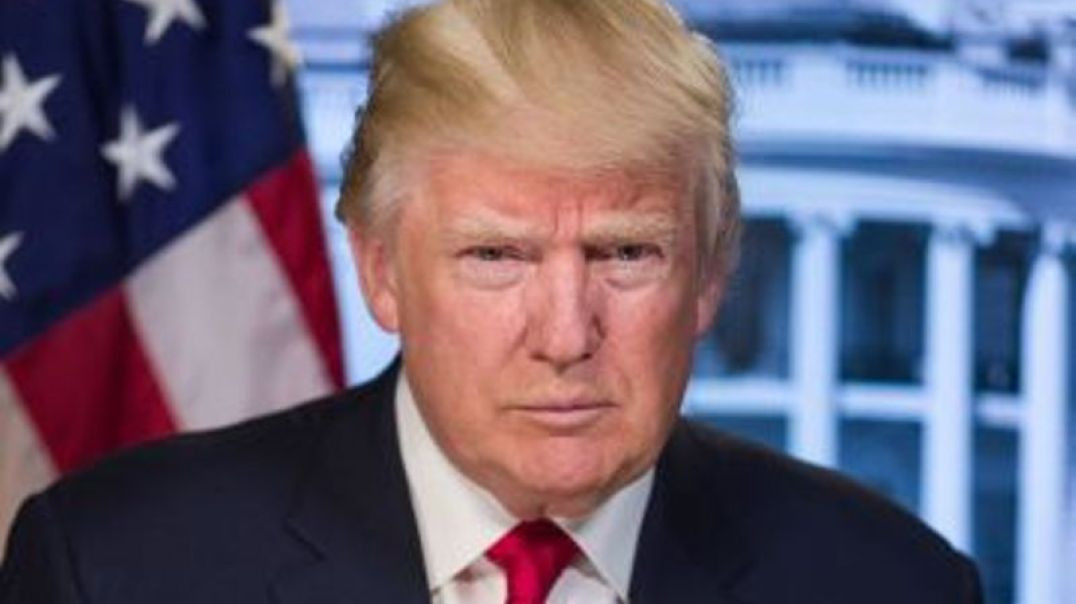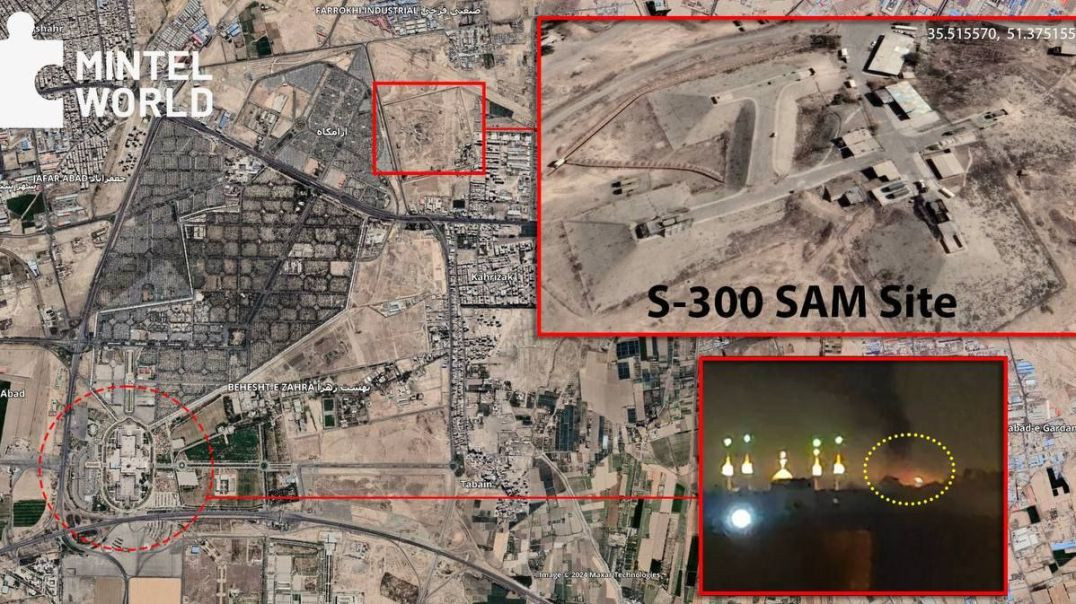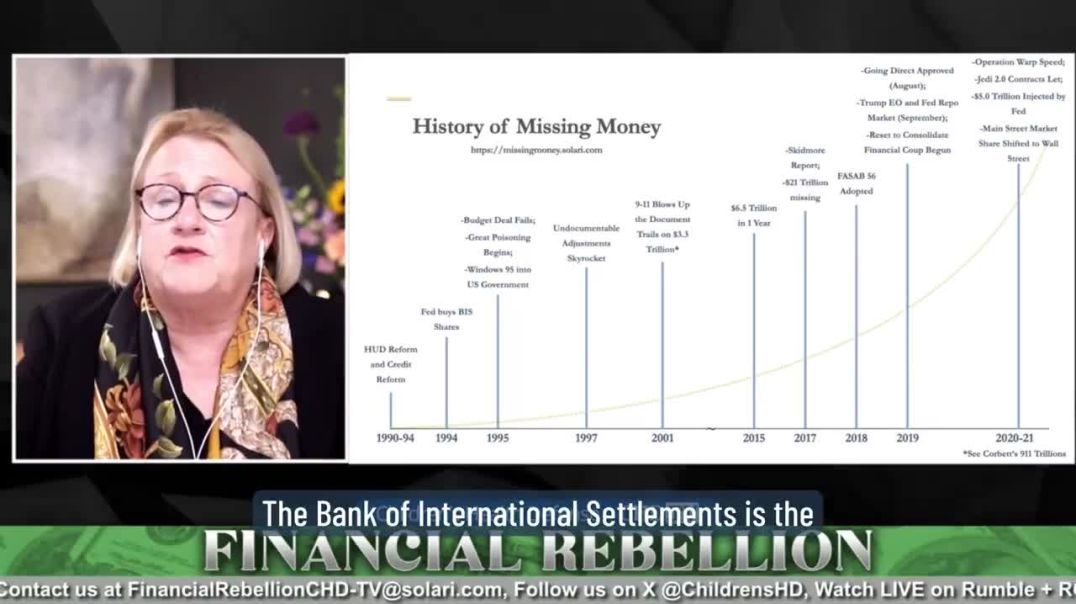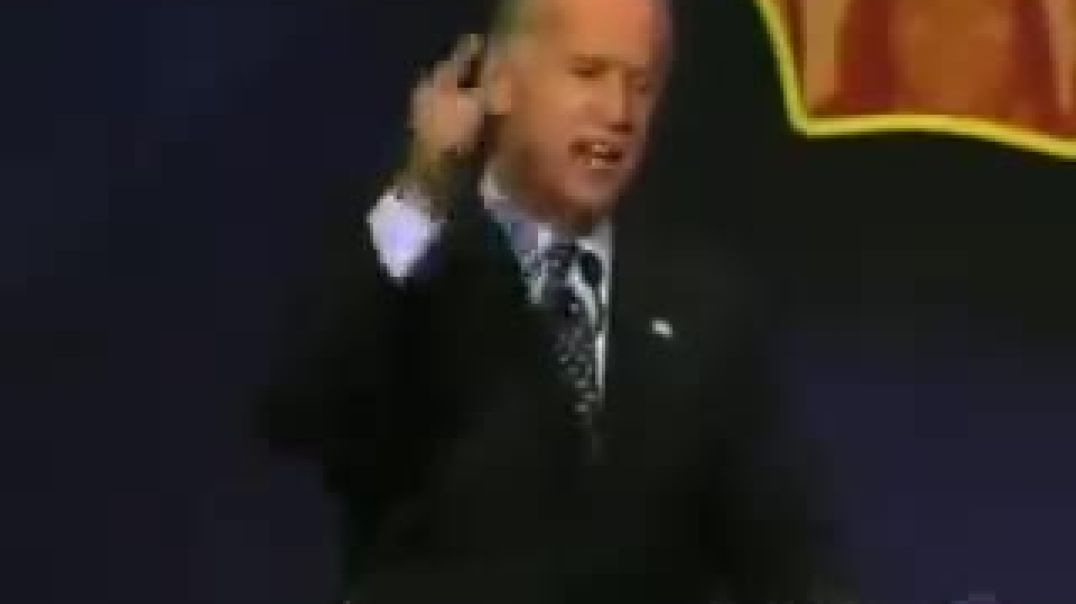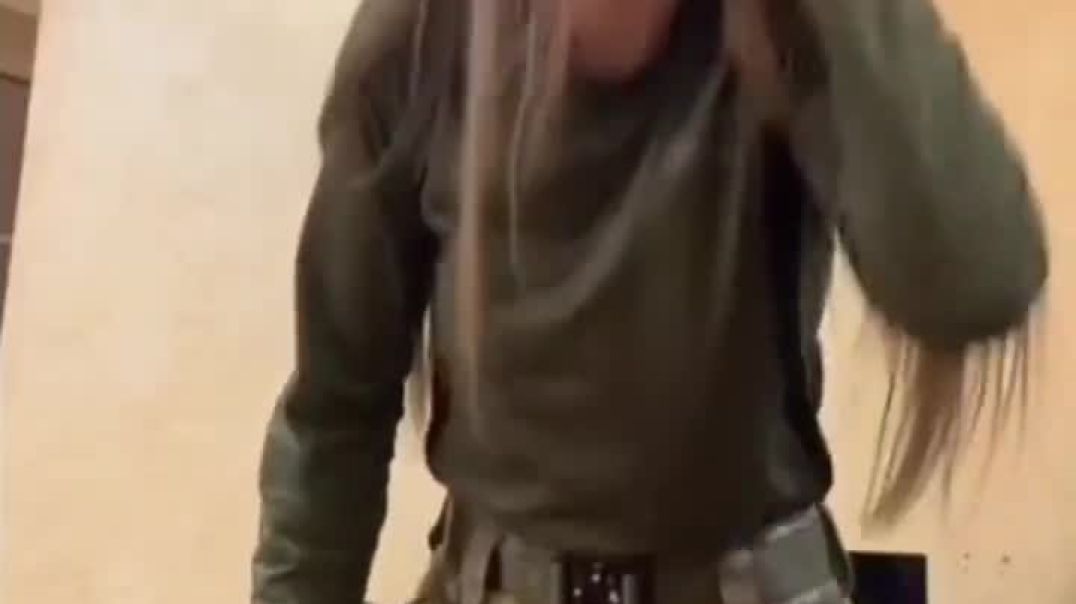Please donate now to help fund our work
- Film & Animation
- Music
- Pets & Animals
- Sports
- Travel & Events
- Gaming
- People & Blogs
- Comedy
- Entertainment
- News & Politics
- How-to & Style
- Non-profits & Activism
- McIntyre Report
- Jamie McIntyre uncensored
- RAW Report
- Candace Owens
- Steve Kirsch
- Tucker
- Bongino
- Elon musks
- Alan Jones Australia
- RT News
- Wayne Crouch Show
- Other
The Murder Of Little Mary Phagan - Vanessa Neubauer - Chapter Five - The Case For The Defense
The most important details of Leo Frank's defense were the inconsistencies in his testimony. Jim Conley testified that Mary Phagan had arrived at the Pencil factory before Monte Stover, but the motor, man and conductor of the trolley asserted that she had gotten off at 12:10. Most witnesses agreed that it would have taken at least one half hour for the murder and movement of the body to the seller, the writing of the murder notes and Conley's hiding in the wardrobe to occur. However, there were only 30 minutes between 12:00 and 1230 that Frank's time was not accounted for. The defense called more than 20 witnesses to corroborate Frank's version of when the murder happened, where Frank had been, and at what time.
The first two witnesses, W.H. Matthews, motorman, and W.T. Hollis, conductor of the English Avenue car, testified that Mary Phagan got on at Lindsay Street at about 1150 and was alone. Herbert Schiff, assistant superintendent of the Pencil factory, testified to the system of business, the preparation of the financial sheet, the procedure for paying off employees and how the pencils are made. Miss Maddie Hall Stenographer from Montague testified that she finished her work, left around twelve two and punched the clock, and that Frank did not make up the financial sheet that Saturday morning. Miss Corinthia Hall swore that she was the four lady for the factory and got there Saturday around 11:30 a.m. with Mrs. Emma Clark Freeman. Miss Magnolia Kennedy swore that she was behind Helen Ferguson and Helen Ferguson did not ask for Mary Phagan's pay envelope. On cross examination, she stated that barrett called her attention to the hair and her machine was right next to Mary's. Mary's hair was a light brown sandy color and she did not see the blood spots on the floor. Wade Campbell, another employee, was the brother of Mrs. White who told him about seeing the Negro on Saturday.
Lemme Quinn, foreman of the factory, testified that 100 women worked at the factory. He noticed the blood spots at the lady's dressing room on Monday and was in the office and saw Mr. Frank between 1220 and 1225. Several witnesses later testified that Quinn advised them he had visited Frank prior to noon in the factory the Saturday of the murder. Harry Denham, one of the carpenters on the fourth floor, testified that he was hammering about 40 feet from the elevator on April 26. Minola McKnight, the cook for the Seligs, testified that she worked for Mrs. Selig and cooked breakfast for the family on April 26.
Mr. Frank finished breakfast a little after 07:00 and came to dinner about 20 minutes after one. Her husband, Albert McKnight, wasn't in the kitchen that day between one and 02:00. Mr. Frank left that day sometime after 02:00 and next saw him at 06:30 at supper. She left about 08:00 and Mr. Frank was still at home when she left.
The most important details in this text are that the detectives arrested the woman and took her to Mr. Dorsey's office, where they tried to get her to say that Mr. Frank would not allow her to sleep that night and that he told her to get up and get his gun and let him kill himself. The woman denied it and was shown a copy of her original statement. On cross examination, she was shown a copy of her original statement and said she signed it but didn't tell him some of the things she got in there. At 01:00, Mr. Graves and Mr. Pickett of Beck and Greg Hardware Company came down to see the woman. The detectives wanted the woman to witness to what her husband was saying, but the woman refused to do it.
The detectives wanted the woman to witness to what her husband was saying, but the woman refused to do it. The most important details in this text are the statements made by Leo Frank and his wife, Mrs. AP. Levy, Mrs. M. G. Michael of Athens, and Mrs. Henny Wolfsheimer. Mrs. AP. Levy testified that she saw Frank get off the trolley car on Memorial Day between one and 02:00 and observed nothing unusual about him. Mrs. M. G. Michael of Athens testified that she saw Frank between one and 02:00 and observed nothing unusual about him. Mrs. Henny Wolfsheimer testified that she saw Frank between one and 02:00 and observed nothing unusual about him.
Emile Selig, Frank's father in law, testified to Leo Frank's natural conduct. Mrs. AP. Levy testified that she saw Frank get off the trolley car on Memorial Day between one and 02:00 and observed nothing unusual about him. Mrs. Henny Wolfsheimer testified that she saw Frank between one and 02:00 and observed nothing unusual about him. Emile Selig, Frank's father in law, testified to Leo Mrs. RIA Frank's mother took the stand and stated that her son Leo does not have any rich relatives in Brooklyn. She stated that she has about $20,000 out of interest, a $6,000 mortgage on the house she lives in, and a $6,000 mortgage on the house she owns.
Her husband is doing nothing and is not in good health. Mrs. Ria, Frank's brother in law, Mr. Moses Frank, usually spends a Sunday with them in Brooklyn before he sails for Europe and has dinner with them. He is supposed to be very wealthy, but Mrs. RIA Frank does not know how much cash her husband has in the bank. The most important details in this text are the testimony of nearly 200 witnesses who largely corroborated Frank's version of what had happened the day of the murder and to discredit the State's witnesses. The defense was determined to establish Frank's good character which of course carried with it the opportunity for the prosecution to introduce subsequent evidence as to Frank's alleged bad reputation and character. Jim Conley's reputation and past experiences, including his drinking habits, problems with the law, and history of petty theft and disorderly conduct, were heavily attacked by the defense lawyers and witnesses. The core of this focus was the question could Jim Conley be believed? Mrs. Rebecca Carson, a four lady at the pencil factory, testified that the elevator was noisy when it ran and that Jim Conley told her on Monday he was so drunk the previous Saturday he did not know where he was or what he did.
Mrs. E.M. Carson testified that she saw blood spots around the lady's dressing room and that Conley said, quote mr. White saw sitting on a box at the foot of the stairs. The most important details in this text are that Miss Mary Pierk, another four lady at the factory, testified that she accused Jim Conley of the murder and he took his broom and walked right out of the office. Miss Pierke also stated that she did not tell Frank of her suspicions and that she suspected Jim because he looked and acted so differently. Another important defense witness was Daisy Hopkins, who had been named by Jim Conley as one of the girls Dalton and Frank brought to the factory for immoral purposes. She worked in the packing department on the second floor and never spoke to Mr. Frank when he would pass.
She had never been in his office drinking beer, Coca Cola or anything else, and never visited the factory with him until she went to his to see Mrs. Taylor, who lived with him then. The most important details in this text are that Mrs. Hopkins had been arrested but not tried for fornication, and that she never had to pay anything except her lawyer's fee. Ms. Doris Small testified that she worked at the factory and saw Jim Conley on the fourth floor on Tuesday. She did not see Frank talk to Conley, and later she said that Jim worried her with money so he could buy a newspaper and every time he heard a NEWSBOY yell, she would get extra money. Alonzo Mann, an office boy at the National Pencil Company, testified that Leo Frank's reputation for moral rectitude was good and that he believed Mr. Frank was just as innocent as the angels from heaven.
On cross examination, she testified that Frank came up the stairs Tuesday where Conley was, but she did not see them talking. All 49 women employees at the pencil factory testified that Leo Frank's general reputation and his reputation for moral rectitude was good. Alonzo Mann's revelations 69 years later brought the Leo Frank Mary Phagan murder case into national prominence.
The most important details in this text are that Leo Frank was anatomically normal during his incarceration, and that he was an upright and law abiding citizen. Despite Jim Conley's allegations, several physicians who examined Frank during his incarceration testified that he was anatomically normal. 56 associates of Frank at Cornell University in Brooklyn and in Atlanta testified as to his general good character as an upright and law abiding citizen. Georgia Law in 1913 stipulated that no defendant could be sworn to testify for himself, and that the prisoner would have the right to make to the court and jury such statement in the case as he deems proper in his defense. Concluding the defense's case, Frank submitted a lengthy statement on the stand, and he refused to be cross examined.
The speaker was born in Paris, Texas in 1884 and moved to Brooklyn, New York at the age of three months. He attended Pratt Institute and Cornell University, where he graduated in June 1906. He then accepted a position as draftsman with the BF.sturd Event Company of High Park, Massachusetts. After six months, he returned to his home in Brooklyn where he accepted a position as testing engineer and draftsman with the National Meter Company of Brooklyn, New York. After two weeks, he returned to New York where he studied the pencil business and looked after the erection and testing of the machinery.
In August 1908, he returned to America and immediately came south to Atlanta. He married Lucille Selig, an Atlanta girl, and the majority of his married life has been spent at the home of his parents in law, Mr. and Mrs.E. Selig, at 68 East Georgia Avenue. His married life has been exceptionally happy and he found Mr. Holloway, the day watchman, at his usual place. The most important details in this text are that the office boy found Alonzo Mann in the outer office and opened his desk and opened the safe.
He then went out to the shipping room and conversed with Mr.Irby about the work he was going to do that morning. He returned to his office and looked through the papers he was going to take over on his usual trip to the general manager's office. The most important mathematical work in the office of the pencil factory is the invoices covering shipments that are sent to customers. It is important that the prices be correct, the amount of goods shipped agrees with the amount on the invoice, the terms are correct and the address is correct. The most important details in this text are that the narrator was responsible for checking invoices for freight deductions, and that they had to do this work all by themselves that morning.
They noticed that Miss Eubanks the day before had sacrificed accuracy to speed, and that every one of the invoices were wrong. They had to make corrections as they went along, figure them out, extend them, make deductions for freight if there were any to be made, and then get the total shipments. On April 24, the narrator made the financial sheet which he makes out every Saturday afternoon, on this figure of total shipments.
The narrator had to figure out the total shipments for the week and arrange them in their entirety. At about 09:00, Mr. Darley and Mr. Wade Campbell, the inspector of the factory, came into the outer office and the narrator stopped work to chat with them. A quarter after nine, Miss Maddie Smith came in and asked for her pay envelope and her sister in law's pay envelope. The narrator went to the safe and unlocked it and gave her the required two envelopes and placed the remaining envelopes in their cash box. After Miss Smith had gone away with the envelopes, Mr. Darley came back with the envelopes and pointed out an error in one of them, either the sister in law of Miss Maddie Smith.
He had deducted the amount that was too much and balanced the payroll, leaving about five or $0.10 over. The narrator continued to work on these invoices when Mr. Lyons, superintendent of Montague Brothers, came in. The narrator and Mr. Darley went to the outer office of Montague Brothers and met up with Mr. SIG Montag, the general manager of the business, and Miss Hattie Hall, the pencil company stenographer. The narrator asked Miss Hattie Hall to come over and help the narrator that morning, but she said she wanted to have at least half a holiday on Memorial Day. The narrator then went to Crookshank Soda Fount and bought a package of favorite cigarettes.
The narrator then went to Montague Brothers and spoke to Mr. SIG Montag, the general manager of the business, and then Mr. Matthews and Mr. Cross of the Montague brothers. The narrator then asked Miss Hattie Hall to come over and help the narrator that morning, but she said she wanted to have at least half a holiday on Memorial Day. The narrator spoke to several of the Montague Brothers force on business matters and other matters, and then saw Harry Gotteimer, the sales manager of the National Pencil Company. They discussed two of Gotteimer's orders, which he wanted to ship right away. The narrator was glad for Gotteimer to come back with him later that morning or in the afternoon, as he would be there until about 01:00 and after three.
On arrival at Forsyth Street, the narrator noticed the clock indicated five minutes after 11:00. The narrator returned to Forsyth Street alone and noticed the clock indicated five minutes after 11:00. The narrator saw Mr. Holloway and told him to go as soon as he got ready. He had some work to do for Harry Denham and Arthur White, who were doing repair work on the top floor. The narrator then went into the outer office and found Miss Hattie Hall and Mrs. Arthur White.
They then went into the inner office and removed the papers they had brought back from Montague Brothers. It was about this time that the elevator motor started up and the circular saw in the carpenter shop was running. The narrator separated the orders from the letters and took the other material that didn't need immediate attention.
The most important details in this text are that the narrator noticed that the sheet which contains the record of pencils packed for the week did not include the report for Thursday, the day the fiscal week ends. The narrator then asked Alonzo Man, the office boy, to call up Mr. Schiff and find out when he was coming down. Mrs. Emma Clark Freeman and Miss Corinthia Hall, two of the girls who worked on the fourth floor, came in and asked permission to go upstairs and get Mrs. Freeman's coat. Two gentlemen came in, one of them a Mr. Graham and the other the father of a boy by the name of Earl Burdett. The narrator then gave the required pay envelopes to the two fathers and chatted with them about the trouble their boys had gotten into the day previous.
Emma Clark Freeman and Miss Corinthia Hall came into the office and asked permission to use the telephone. Miss Hattie Hall then typed the mail and brought it to the desk to be read over and signed. At a quarter to twelve, Arthur White and Harry Denham and Arthur White's wife were in the building. Mary Phagan, a little girl, entered the office and asked for her pay envelope. The author recognized her from having seen her around the plant and not knowing her name.
She had evidently worked in the metal department and had been laid off owing to the fact that some metal that had been ordered had not arrived at the factory. Lemme Quinn, the foreman of the plant, came in and asked the narrator if Mr. Schiff had come down. The narrator continued to work until they finished their work and requisitions and looked at their watch at a quarter to one. They called their home and then gathered their papers together and went upstairs to see the boys on the top floor. Mrs.Arthur White, one of the witnesses, states it was 1235 when she passed by and saw the narrator.
The narrator has no recollection of it. The narrator arrived upstairs to see Arthur White and Harry Denham, and Mr. White's wife, who had been working there. The narrator asked them if they were ready to go and they said they had enough work to keep them several hours. The narrator then went down and gathered up their papers, locked their desk, washed their hands, put on their hat and coat, and locked the inner door to their office and the doors to the street. From the time the whistle blew for 12:00 until a quarter to one when the narrator spoke to Arthur White and Harry Denham, the narrator did not stir out of the inner office. It is possible that the narrator went to the toilet to answer a call of nature or to Urinate.
The most important details in this text are that the narrator is unable to see out into the outer hall when the safe doors open, and that he is unable to go with his brother-in-law out to the ball game due to some work he had to do with the factory. He then calls up his brother-in-law to inform him that he would not be able to go with him, and he continues to eat dinner with his father-in-law and Minola McKnight. After dinner, the narrator goes out in the backyard to look after his chickens and lights a cigarette. After a few minutes, the narrator gets up and walks up Georgia Avenue to get a car, but misses the ten minutes to two car and sees Mrs. Mickel, an aunt of the narrator's wife, and several ladies there. After a few minutes, Mrs. Wolfsheimer comes out of the house.
The most important details in this text are that the narrator waited until they could catch a car and then got on the car and talked to Mr. Loeb on the way to town. The car got to a point about the intersection of Washington Street and Hunter Street and the fire engine house and there were a couple of cars stalled up ahead of them. The narrator then walked down Whitehall on the side of Mr. M. Rich and brother store towards Brown and Allens and stood there between 02:30 and a few minutes to 03:00 until the parade passed entirely. The narrator then went on down Alabama Street to Forsyth Street and down Forsyth Street to the factory and opened the safe and desk and hung up their coat and hat and started to work on the financial report. After the narrator started to work on the financial sheet, Arthur White and Harry Denham came into the office and Arthur White borrowed $2 from the narrator in advance on his wages.
The narrator was working on a financial sheet when they noticed Newt Lee the watchman coming from the head of the stairs. He offered the narrator a banana out of a yellow bag, but the narrator declined it. The narrator then took Newt Lee around the plant 1st, second and third floors and into the basement and told him it was his duty to go over the entire building every half hour, not only to completely tour the upper four floors, but to go down to the basement. The narrator also showed him the cutoff for the electric current and told him in case of a fire that it ought to be pulled so no firemen coming in would be electrocuted. The narrator explained everything to him in detail and told him he was to make that tour every half hour and stamp it on the time card.
The most important details in this text are the time slips that Newt Lee registered his punches on Saturday night and Sunday night, and the time slips that he registered his punches on Monday night. As the narrator was putting the slips into the clock, they saw Newt Lee coming up the stairs and looking at the clock. He heard Newt Lee ring the bell on the clock when he registered his first punch for the night, and he went downstairs to the front door to await his departure. After washing, the narrator went downstairs to the front door and saw Newt Lee in conversation with Mr.J.M. Gantt, a man that the narrator had let go from the office two weeks previous.
The narrator spoke to Mr. Gantt and asked him what he wanted, and he said he had a couple of pairs of shoes, black pear and tamper, in the shipping room. The narrator then walked up Forsyth Street to Alabama, down Alabama to Broad Street, and then down to Jacob's Whitehall The narrator sat looking at the paper until 630 when they called up at the factory to find out if Mr. Gantt had left. At 07:00, they were successful in getting Newt Lee and asked him if Mr. Gantt had gone again. The next day, the narrator was awakened by a telephone ringing and was informed by City Detective Starnes that Mr. Frank, superintendent of the National Pencil Company, wanted the narrator to come down to the factory right away due to a tragedy. The narrator hung up and went upstairs to dress to go with the people who should come for him in the automobile.
When the automobile arrived, the narrator's wife went downstairs to answer the door with a night dress with a robe over it, and the narrator followed her. The most important details in this text are that the narrator went downstairs to follow his wife and asked them what the trouble was. The two witnesses, Mr. Rogers and Mr. Black, differ with the narrator on the place where the conversation occurred. The narrator was asked if they knew Mary Phagan, a little girl with long hair hanging down her back, who worked in the tipping plant. The narrator replied that they did, but didn't know her name.
They wanted the narrator to come down with them to the factory, and the narrator finished dressing and went right on with them in the automobile. The narrator and two men made a quick trip to the undertakers, where they were asked to identify the body of a little girl. They walked down a long, dark passageway until they reached a small room with an electric light. The attendant then switched on the electric light and the narrator saw the body of the little girl. Mr. Rogers then walked in the room and stood to the right of the narrator, while Mr. Black was to the left of the narrator.
The most important details in this text are that the attendant, Mr. Chestling, removed the sheet covering the body and put his finger on the wound in the left side back of the head. The hands and arms of the little girl were dirty, blue and ground with dirt and cinders, and the nostrils and mouth were open and full of sawdust and swollen. On the forehead, about the neck, there was twine and a piece of white rag. After looking at the body, the attendant identified the little girl as the one who had been up shortly afternoon the day previous and got her money from the undertaker. They then left the undertaking establishment and rode over to the pencil factory, where they saw Mr. Darley going into the front door with another man.
In the inner office, the night watchman Newt Lee was in the custody of Detective Starnes. The payroll book showed that Mary Phagan worked in the metal plant and was due to draw $1.20. The detectives wanted to take the narrator down in the basement to find the body of Mary Phagan. The narrator went to the elevator box to turn on the current and found it open. They then got on the elevator and the narrator pulled the rope to start the elevator, but it seemed to be caught.
The narrator asked Mr. Darley to try his hand and he was successful in getting it loose. The officers showed the narrator where the body was found, just beyond the partition of the Clark Wooden Wear Company and behind the door to the dust bin. The most important details in this text are that the hat and slipper were found on the trash pile, and that the back door opened 18 inches. After looking at the basement, Mr. Darley and himself went upstairs to lock up the back door. After returning upstairs, they accompanied Chief Lanford on a tour of inspection through the three upper floors of the factory.
They looked into each bin and partition and each dressing room, and the dressing room that has figured so prominently in the trial. The narrator was nervous and unstrung that morning, and the sight of an electric light flashing on was enough to drive a man to distraction. The most important details in this text are that a man who is ordinary flesh and blood is showing signs of nervousness after a sight of a little girl being cruelly snuffed out. They went with the officers in an automobile, where Mr. Rogers was at the driving wheel and Mr. Darley sat next to him. On arrival at headquarters, they went up to Chief Lanford's office and discussed the matter in general.
After staying there for a few minutes, they left and went to Bloomfields on Prior Street and Mitchell. When they went into the establishment, they were told that someone was busy with the body and they couldn't see it. They started to leave when they met a certain person with whom they made arrangements to watch the building.
Detectives Scott and Black came to the factory and asked Mr. Frank to go to headquarters with them. They showed him a piece of material of a shirt and asked him if he had ever worn it. Newt Lee was brought up from a cell and showed him the same sample. Detectives Scott and Black then opened the package and revealed the full shirt, which had all the appearance of being freshly stained with blood and had a distinct odor. Chief Lanford began an examination of Mr. Frank's face, head, hands, and arms.
Mr. Rosser came in and spoke to the detectives or to Chief Beavers, who thought it better that Mr. Frank should stay down there. The narrator is being detained at headquarters, but if they wish, they can engage a supernumerary policeman to guard them and give them freedom of the building. Detective Starnes, John N. Starns, comes in and dictates from the original notes found near the body. The narrator writes a note at the dictation of Mr. Starnes and gives him a photographic reproduction of the note. Detective Starnes then takes the narrator down to the desk sergeant where they search the narrator and enter their name on the book under a charge of suspicion.
The narrator then sits in a small room while their father in law arranges for a supernumerary policeman to guard them for the night. Detective Scott and Detective Black came to Mr. Frank's room on the top floor of the headquarters on Tuesday, April 29 to discuss the possibility of couples being let into the factory at night by the night watchman, Newt Lee. They stressed the possibility of couples having been let into the factory at night by the night watchman, Newt Lee, and asked Mr. Frank to see what he could do with him. Mr. Frank agreed and was taken to a room on the top floor of the headquarters. Detective Scott and Detective Black stressed the possibility of couples having been let into the factory at night by the night watchman, Newt Lee, and asked Mr. Frank to see what he could do with him.
The most important details in this text are the instructions given by Detective Black to Newt Lee, who was handcuffed to a chair in a room and told to open up and tell all he knows about happenings at the pencil factory on Saturday night. After speaking to Newt, the narrator asked him if he knew anything about couples coming in there at night and remembering the instructions Mr. Black had given him. Newt replied like an old negro quote before God, "I am telling you the truth, and I have told you all I know." The conversation ended right there, and the detectives came back into the room and began questioning Newt Lee.
The most important details in this text are that the narrator had their first initiation into the third degree in Atlanta police department, and that the narrator had no part in causing Mary Phagan's death. The narrator's statement to the witness Dalton is false, and the narrator's statement to Conley is a tissue of lies from first to last. The narrator has no rich relatives in Brooklyn, New York, and their father is an invalid. They have no relative who has any means at all except Mr. M. Frank, who lives in Atlanta, Georgia. No one has raised a fund to pay the fees of their attorneys, and the narrator's lawyers have been paid by the sacrifice in part of the small property their parents possess.
On rebuttal, the state called over 70 witnesses, including a friend of Minola McKnight's husband and the maid's attorney, George Gordon, who testified that she made a complete and true statement to the police of everything she knew. Two witnesses, O. Tillander and E. K. Graham, who had come to the factory to obtain their son's money, testified that they saw a Negro about the same size as Conley at the stairs on the first floor but swore they could not positively identify him. 14 witnesses testified that Dalton's reputation for truth was good, while eight witnesses testified that the woman's reputation for truth and veracity was bad.
Three witnesses testified that they had seen Frank talk to Mary Phagan frequently and call her by her first name, and that he touched her and attempted to intercept her for conversation. 20 women, former employees of the pencil company, testified that Frank's reputation for lascivious conduct was bad. Three residents of Homes for Unwed Mothers, formerly employees of the factory, had been called by the state to testify as to Frank's The most important details in this text are that Frank Conley, a Jewish boy from the north, was murdered in his place of business. Defense attorney Arnold argued that Frank could not have committed the murder, but this evidence provided the motive for the crime. Defense attorney Luther Rosser pleaded for Frank's life for three and one half hours.
The text also mentions that Conley was a dirty, filthy, black, drunken, lying nigger who had been shaved, washed, and dressed up, and that he was willing to find the murderer. The text concludes by stating that the charge of moral perversion against a man is a terrible thing for him.
The most important details in this text are that the defendant, Leo Frank, had a wife and mother to be affected by it, and that the Solicitor General had visited the defendant seven times to try him under such testimony. Additionally, two witnesses quoted antisemitic remarks from others, including Ty Brent and Sir Rebuttal, who both expressed their bitterness towards Leo Frank. Finally, the jury was informed that the case against Frank was the greatest frame up in the history of the state, and that if Frank hadn't been a Jew, there would never have been any prosecution against him. SL Asher, sworn for the defendant in Sir Rebuttal, said two weeks ago that a man was talking loudly about the Frank case and suggested they should take him out and hang him. Solicitor General Hugh Dorsey then spoke until court adjourned and six more hours on Saturday and three Monday morning.
Dorsey said that the race from which the man comes is as good as ours, and that his ancestors were civilized when ours were cutting each other up and eating human flesh. He also mentioned the Strauss brothers, Oscar the diplomat, and the man who went down with his wife by his side on the Titanic. Dorsey also mentioned the Strauss brothers, Oscar the diplomat, and the man who went down with his wife by his side on the Titanic. Dorsey also mentioned the Strauss brothers, Oscar the diplomat, and the man who went down with his wife by his side on the Titanic. Finally, he mentioned the Strauss brothers, Oscar the diplomat, and the man who went down with his wife by his side on the Titanic.
The most important details in this text are that the jury returned a guilty verdict in the case of Mary Phagan, who died because she wouldn't yield her virtue to the demands of her superintendent. Judge L. S. Rohn asked to see all counsel in his chambers and showed them letters from the editors of three of Atlanta's newspapers predicting the results of Leo Frank's acquittal. He requested that both counsel agree that the defendant not be present in the courtroom when the jury told their verdict, and Solicitor General Dorsey gave his consent only after Rosser and Arnold agreed that this absence would not be used as a basis for appeal. J. W. Coleman, little Mary's stepfather, walked over to the jury box with tears streaming down his face and thanked each man on the jury with a grip of his hand.
He then turned to Judge Rohn and thanked him for the pains he had taken with the trial and for his fair dealing with all parties concerned. He made the following statement to a Constitution reporter: "I am entirely satisfied with the manner in which the trial has been conducted and also with the verdict returned. knew by looking at the faces of the jurors as they were chosen that they were all men who could be relied upon to give fair and careful consideration to each point and that they were of the High.
Type of character who would give their best efforts as citizens of this commonwealth without thought of themselves to determine the guilt or innocence of Leo Frank. I would not for any consideration like to see an innocent man pay the death penalty, but I feel sure that anyone in the world who has kept up with the trial in all its phases and with every scrap of evidence submitted, would have found Frank guilty, as these honorable gentlemen have done. I am deeply grateful to them and to Judge Roan."
Hugh Dorsey emerged from the courtroom building and was greeted by the laughing, cheering, rejoicing crowd. Fanny Phagan Coleman, who had been unable to attend court that day, expressed her relief that it was all over. She had not been well for the last week and her mother had been sick, so she could not attend all the sessions of the court. Rabbi Marks sat with Frank and his wife at the Fulton Tower awaiting the verdict. A friend told Frank the verdict and he exclaimed, "Guilty. My God. Even the jury was influenced by mob law. I am as innocent as I was a year ago."

